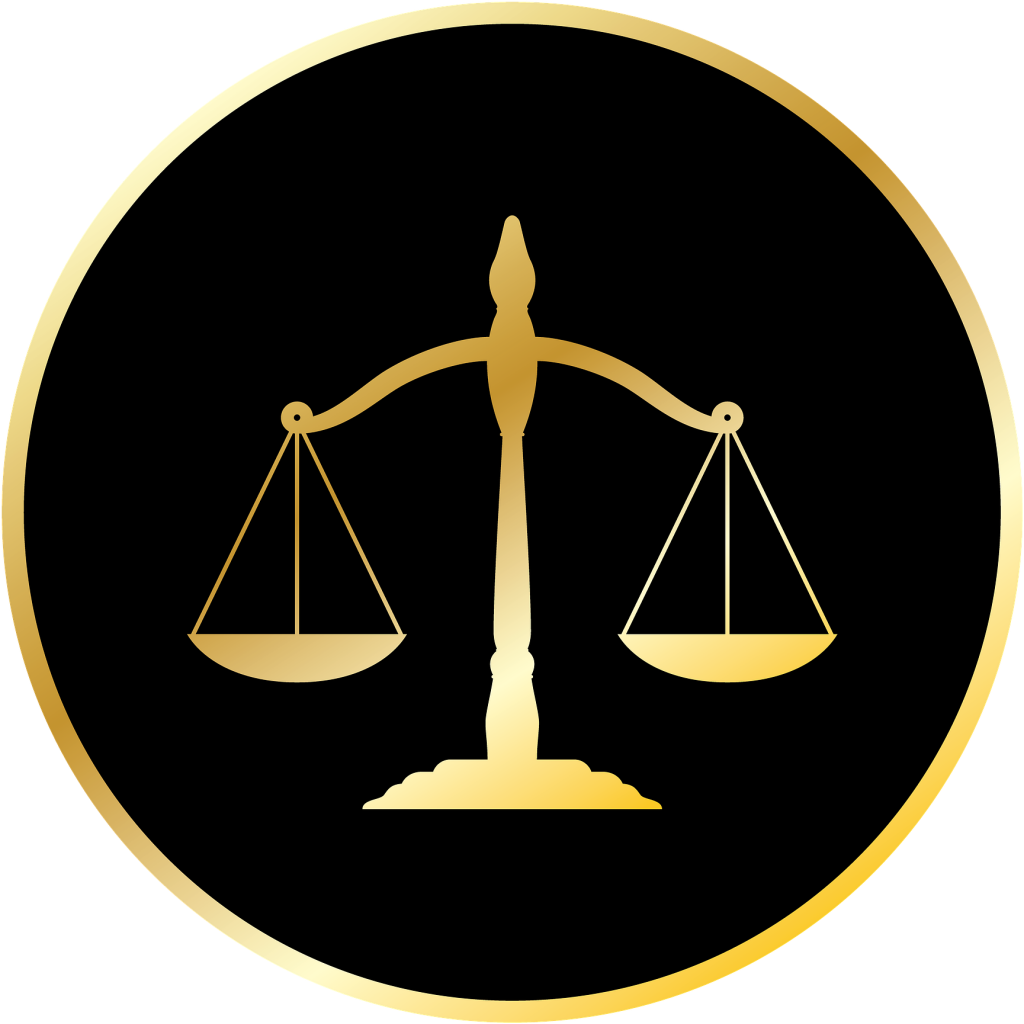Most auto accidents lead to injury that must be compensated. Compensation is obtained in one of two ways. The first being that the victim may accept an out-of-court settlement. On the other hand, the victim may opt to pursue a civil lawsuit to enable them to collect damages incurred.
The entire lawsuit process could be lengthy and vigorous, especially when legal counsel is not involved. For this reason it will always be smart to acquire knowledge how such cases are conducted and solved, whether in the court or away from court.
 Understanding the Settlement Process
Understanding the Settlement Process
When some insurance company or defendant makes a settlement offer for the injured victim, it could result in an out-of-court settlement. This settlement could possibly be offered quickly before a possible lawsuit can arise. It’s also normally made once a case has reached trial but before final judgment is passed. Finally, other settlements usually occur in the operation in which a jury is deliberating and both parties are anxious on which it’ll decide. In such cases, the parties involved may prefer to settle the case away from court.
Compensating the Complete Amount of Damages
Injury damages are classified under ‘’compensatory’’. It is because they are meant to compensate the injured plaintiff involved in an accident and suffered damages. This kind of compensation is designed to assist the plaintiff as best as possible in returning to the life they had before they suffered damages. This is at least true from a financial perspective of things.
Understanding what fair compensation would be means dollar values need to be placed on all losses incurred as a result of the accident. Nevertheless, it should be noted that some compensatory damages are generally relatively simple to determine. This consists of determining the quantity that shall be paid in reimbursement of medical bills or property damage.
However, it’s harder to place a dollar value on pain and suffering caused by lingering injuries from the accident. Not being able to be involved in a hobby, whether temporary or permanently, is just among the many damages that could influence the payout amount.
Treatment
If the case is settled in court, the injured plaintiff will be able to recover the full, estimated price of the injury. This is help to take care of their medical-related bills at present and down the road.
Income
This compensation was created to replace money which a victim has lost since being injured. It also includes predicted income that they would have made down the road. This compensation is distributed under lack of earning capacity when personal injury results causes income loss.
Property Loss
Property loss is going to influence the volume of payout a sufferer recovers. The plaintiff showcased could be entitled for reimbursement of repairs or compensation around the fair market value with the damaged item.
Pain & Suffering
The pain and suffering that the victim experiences a direct consequence of the accident. Thus they may also influence how much the injured plaintiff shall receive. Other styles of compensation that could emerge on account of the damage include loss of enjoyment, emotional distress and loss in a loved one.
Additional Items worth Noting
- When a settlement has been agreed on, the injured plaintiff won’t receive so much money because a part of it is considered taxable income.
- Hospital bills usually are not taxable, although settlement which takes care of pain and suffering falls under punitive damages, for it to be taxed.
- Also, a target might end up dealing directly with the one that caused them damage rather than their insurers. This re-acquaintance process is not easy.
- Lastly, an injury claim is only going to result in full compensation when the person responsible for the damage has enough assets to take action.
Due to tough challenges accessible when filing an injury lawsuit, it’s often in your best interest to talk with legislation Office of William H. Harding. You’ll increase the likelihood of an excellent outcome.

 Understanding the Settlement Process
Understanding the Settlement Process